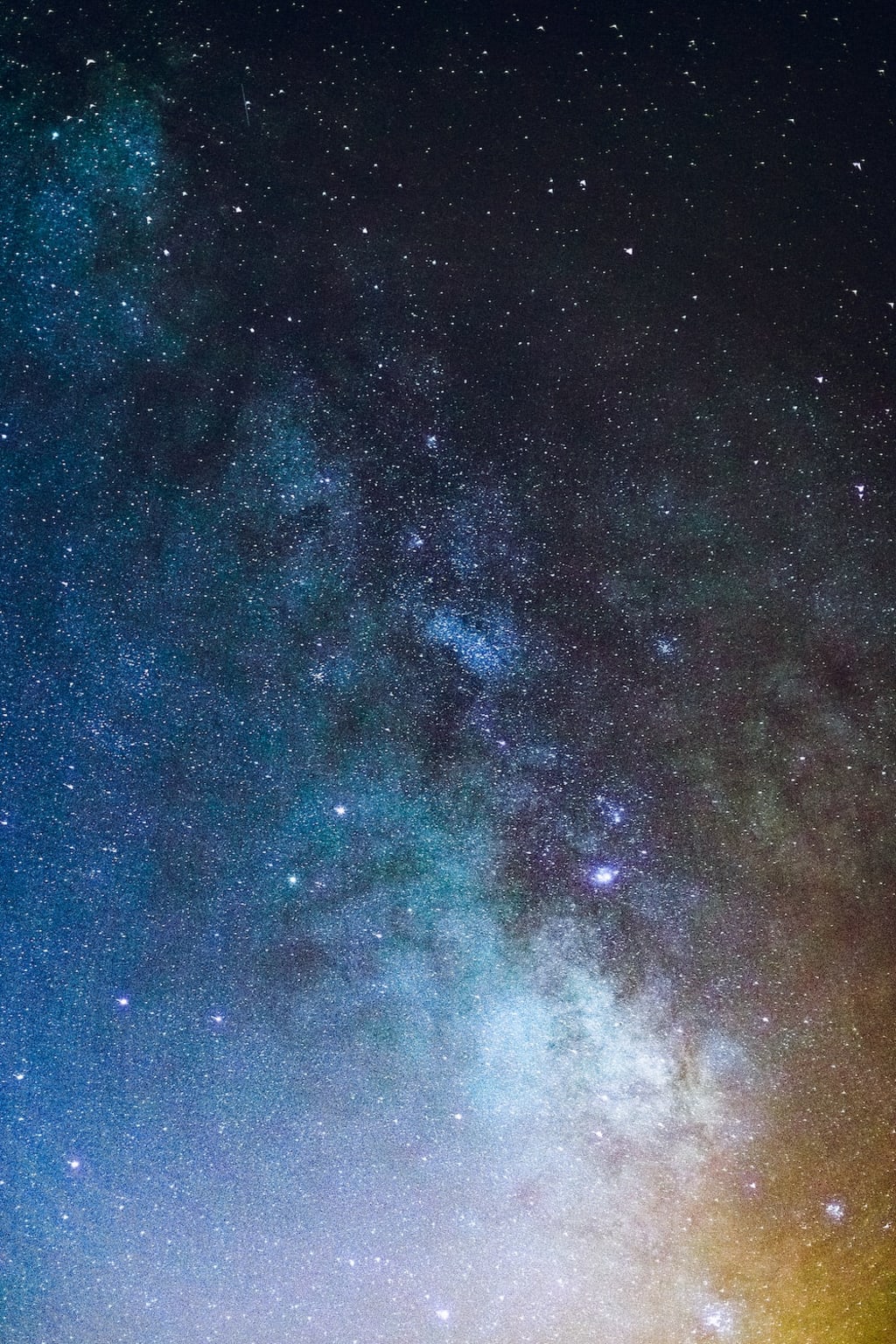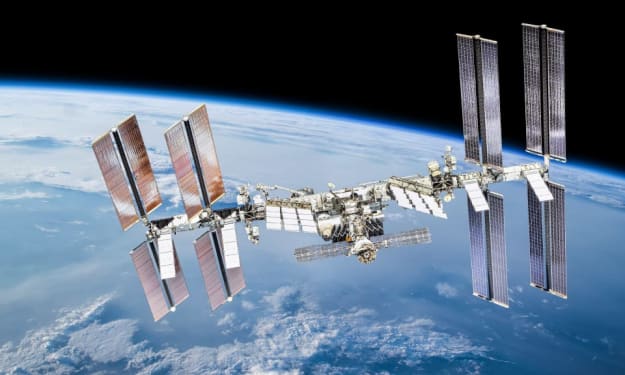
The human fascination with the cosmos has transcended generations. From the earliest civilizations gazing at the night sky to the modern era of space exploration, our journey into outer space has been marked by wonder, curiosity, and the relentless pursuit of knowledge.
Ancient Stargazers:
The journey into outer space began long before the advent of modern telescopes and spacecraft. Ancient civilizations, such as the Babylonians, Egyptians, and Mayans, meticulously observed the movements of the stars, planets, and celestial bodies. These early astronomers developed complex systems to track and predict celestial events, laying the foundation for our understanding of the cosmos.
One of the pivotal moments in ancient astronomy was the heliocentric model proposed by the Greek philosopher and mathematician, Aristarchus of Samos. He suggested that the Earth and other planets orbited the Sun, challenging the prevailing geocentric view. Although this idea was not widely accepted in its time, it paved the way for later breakthroughs in our understanding of the solar system.
The Space Age Dawns:
The 20th century witnessed the dawn of the Space Age, a period marked by remarkable achievements in space exploration. On October 4, 1957, the Soviet Union launched Sputnik 1, the world's first artificial satellite. This historic event marked the beginning of an intense space race between the United States and the Soviet Union.
In 1961, Yuri Gagarin became the first human to journey into outer space, orbiting the Earth aboard Vostok 1. This momentous achievement was followed by the Apollo program, led by NASA. In 1969, the Apollo 11 mission made history when astronauts Neil Armstrong and Buzz Aldrin became the first humans to set foot on the Moon. Armstrong's iconic words, "That's one small step for man, one giant leap for mankind," resonated globally, symbolizing humanity's reach into the cosmos.
The Age of Exploration:
The decades following the Apollo program ushered in a new era of space exploration. Space agencies from around the world launched missions to explore both the inner and outer reaches of our solar system. Unmanned spacecraft, such as the Voyager probes, ventured into the outer planets and even into interstellar space, providing invaluable data about the farthest reaches of our celestial neighborhood.
In 1998, a momentous collaboration between nations resulted in the construction of the International Space Station (ISS). Orbiting our planet, the ISS serves as a testament to international cooperation in space exploration. It has hosted astronauts from various countries, conducting scientific research, and experiments that benefit humanity as a whole.
The Future of Space Exploration:
As we peer into the future, the journey into outer space continues to evolve. Private companies like SpaceX, Blue Origin, and Virgin Galactic are pioneering efforts to make space travel more accessible to civilians. These ventures hold the promise of space tourism and commercial ventures, opening up new horizons for human space exploration.
One of the most ambitious plans on the horizon is the human mission to Mars. NASA's Artemis program aims to return humans to the Moon as a stepping stone to Mars. The potential colonization of the Red Planet represents a significant leap in our journey into outer space, offering a new frontier for scientific research and the possibility of interplanetary civilization.
The Cosmic Mysteries Await:
In conclusion, our journey into outer space represents the epitome of human exploration and discovery. From ancient skywatchers to the modern space age, our fascination with the cosmos has driven us to push the boundaries of knowledge and human capability. As we look to the future, the mysteries of outer space continue to beckon, promising new revelations and adventures yet to unfold.
The journey into outer space is not only a testament to our scientific progress but also a reflection of our innate curiosity and determination to explore the unknown. As we venture deeper into the cosmos, we carry with us the legacy of those who dared to look up at the stars and dream of reaching them. The journey may be long, but the wonders of the universe are boundless, waiting to be discovered by future generations of explorers and dreamers.
About the Creator
Talha RJ
I JUST WANT TO GIVE YOU GUYS INFORMATION ABOUT SPACE AND MANY MORE THINGS THAT ARE HAPPENING AROUND US BUT JUST WE HAVE TO FOCUS ON THAT AND THAT IS WHY I AM AT YOUR SERVICE.






Comments
There are no comments for this story
Be the first to respond and start the conversation.